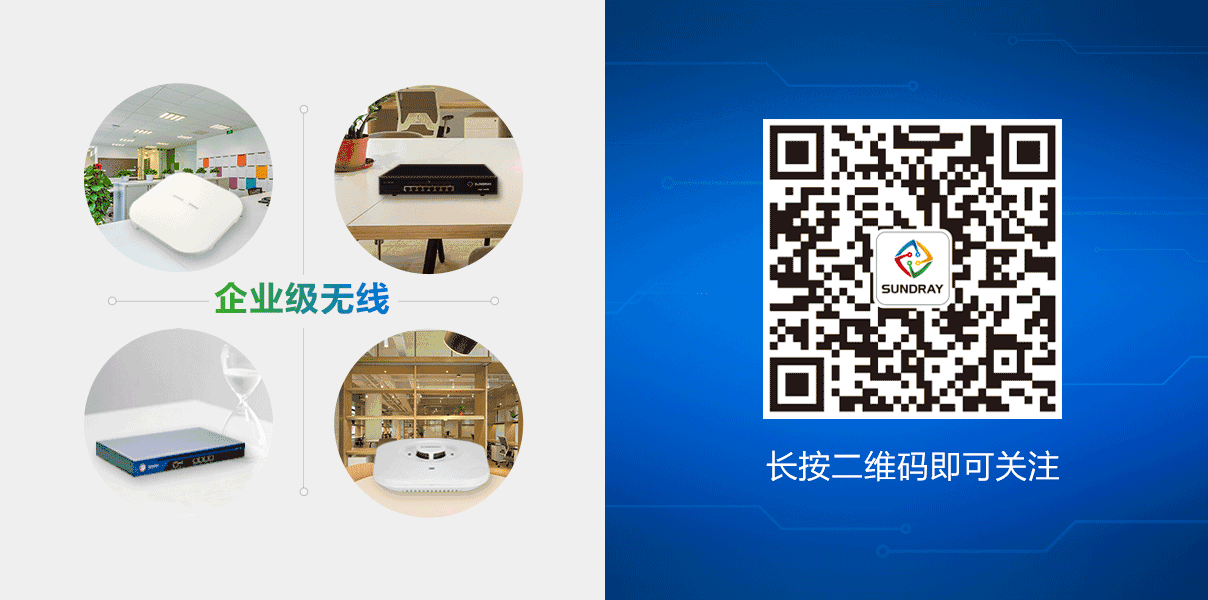

Emmm…


If you
are a pure tech enthusiast
wanting to continuously improve your skills
want to learn more about IoT knowledge
then we
will introduce you to the following valuable information
Principles and Application Scenarios of General Data Collectors
The Differences and Connections between RS-485 and Modbus



Understand in One Minute
General Data Collector
Application Principles in Smart Agriculture
Didn’t watch enough videos?
Then let’s fill in with text!

After the introduction of the general data collector product by Xinrui, many friends are interested in the terms RS-485 and Modbus but are not very clear about them. So, I will explain this knowledge to everyone.
What is RS-485?
RS-485 is a physical interface, simply put, it is hardware. RS-485 belongs to wired transmission, so it requires hardware transmission media, which is actually just two wires. The same signal is transmitted on these two wires, but the sender splits this signal in two, while at the receiver end, it is restored to the original signal.
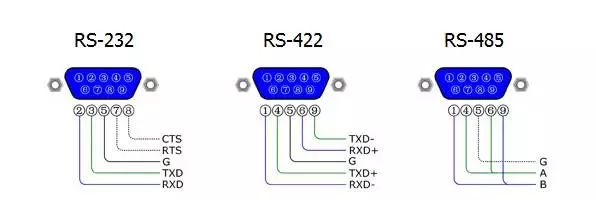
The advantage of this approach can be compared to RS-232. RS-232 also requires two wires, and a ground wire must be added for communication, so it is three wires. Let’s not worry about the ground wire for now; among the other two wires, one is for sending, and the other is for receiving, and both sending and receiving can be considered as data lines.
The third wire is the ground wire, and there is no clock line in hardware; instead, the two communicating parties must agree on the baud rate in advance to communicate normally (which can be considered as clock frequency), hence the term asynchronous serial communication.
Due to the differential transmission line advantages of RS-485, it can cancel out the interference introduced during signal transmission, while the RS-232 receiver cannot. Therefore, RS-485 has stronger anti-interference capability and can transmit signals over thousands of meters, while RS-232 can only transmit over a few dozen meters. Xinrui’s general data collector uses the RS-485 interface (which also supports current, voltage, and dry/wet node interfaces).
The Differences between RS-485 and Other Bus Networks
We often categorize industrial networks into three types:RS-485 networks, HART networks, and fieldbus networks.
HART is a transitional bus standard proposed by Emerson, mainly superimposing digital signals on 4~20 mA current signals, using BELL202 frequency shift keying technology at the physical layer to achieve some functions of intelligent instruments.
However, this protocol is not a truly open standard; you must join its foundation to obtain the protocol, and joining the foundation requires a fee.
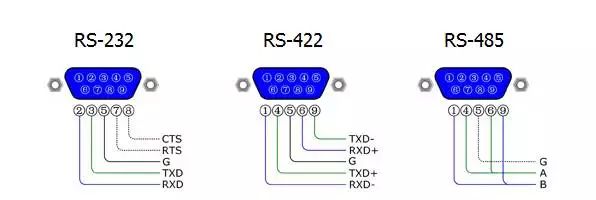
Fieldbus technology is one of the hot spots in the development of automation technology today, hailed as the computer local area network in the automation field. Its emergence marks the beginning of a new era in automation control technology. Fieldbus is a digital, serial, multi-station communication network connecting instruments set in the control field with control devices set in the control room.
However, various standards of fieldbus currently coexist in parallel, each with its own survival domain, and no truly unified standard has been formed, and the technology is not mature enough.
RS-485/Modbus is a popular networking method today, characterized by its simplicity and convenience of implementation. RS-485 conversion interfaces are relatively inexpensive and diverse.
What is Modbus?
Modbus is an international standard communication protocol used for data exchange between devices from different manufacturers (generally for industrial use). The so-called protocol can also be understood as the “language” mentioned above, which belongs to software.
Modbus is just one type of communication protocol, like Chinese and English, it is a language of communication, a language for machines to communicate with each other.
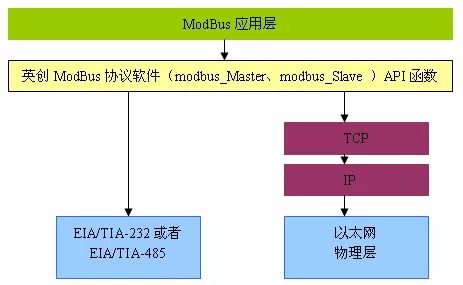
So before communication, there must be a bridge for communication, which is the transmission medium such as 485 or 232 or other electrical interfaces. The same protocol can use different transmission media such as 485 or 232, but two different protocols cannot coexist on the same transmission line.
The Connection between RS-485 and Modbus
Generally, two devices transmit data via the Modbus protocol, originally using RS-232 as the hardware interface (which is the serial communication port on a regular computer); later, RS-422 and the most commonly used RS-485 were also used, which has a long transmission distance and is used more frequently in industrial sites.
The Modbus protocol is divided into three modes: Modbus RTU, Modbus ASCII, and the later developed Modbus TCP. The first two use serial (Serial) communication ports (RS-232, RS-422, RS-485) for physical hardware interfaces.
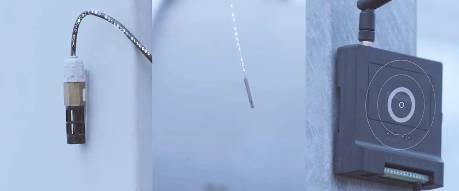
Modbus TCP, on the other hand, is designed to keep up with the current world development trend, allowing data to be connected via Ethernet or the Internet. Thus, it is also called Modbus TCP mode, and its hardware interface is the Ethernet port, which is the network port commonly used on our computers.
 Recommended Reading:
Recommended Reading:
✦After completing the e-book bag test, I felt much more energized…
✦Can Wi-Fi devices also achieve VPN networking for 30 stores? (Detailed strategy included)
✦Collected! The new version of the WeChat Wi-Fi configuration manual is here!
✦Valuable Content | Afraid of personal information theft? ARP defense against spoofing has tricks!
✦Valuable Content | High temperature + strong sea wind + long distance, bridge testing can hold up!
✦Still worried about large outdoor engineering? A small tool can save you!
✦Forgot your PPPoE account password? Use ROS!
